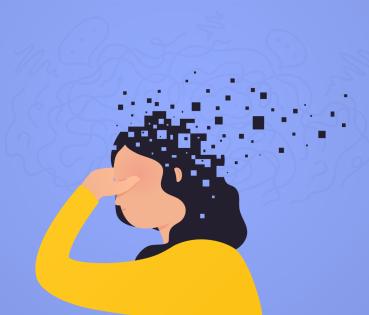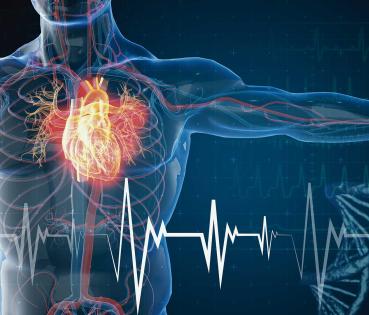
Is there such a thing as the post-holiday blues?
When we return to work after a long holiday period, we may feel anxious, exhausted and demotivated. These symptoms are popularly known as post-holiday blues. But what does science say about all this?
“Post-holiday blues” is the term used to describe the apathy and/or anxiety that some people experience when returning to work after a long holiday. It is our body's response to the usually negative work environment, which we associate with pressure and boredom. There is no scientific consensus about this phenomenon and therefore it is not considered a psychological condition, but a rather the failure of an adaptive process. A syndrome of modern times, undoubtedly caused by our current lifestyle.
It is usually temporary and lasts less than two weeks, but if not managed correctly, it can lead to serious psychological problems, such as depression or recurrent anxiety attacks. The main symptoms include difficulty falling asleep, feelings of lethargy, fatigue, sadness, anguish and irritability.
People who are dissatisfied with their working conditions, whether due to stress, problems managing work and family life, a hostile work environment or any other reason that generates a negative association between the individual and work, are more likely to suffer from post-holiday blues. People with a greater need for control or with a pre-existing psychological condition, such as anxiety or depression, are also more likely to suffer from it.
How can post-holiday depression be prevented?
It is advisable to prepare ourselves mentally a few days before returning to work. The last few days of a holiday should therefore be at a relaxed pace, and we should return home a few days before going back to work to settle into to our routine. We should gradually move our timetable back to normal, avoiding going to bed very late, as staying up late could cause problems falling asleep and/or daytime fatigue once we return to our usual schedule. If we have neglected them during the holidays, it is also important to bring back our healthy habits, such as exercising and eating fruit and vegetables.
Once we are back in our routine, prioritising tasks is essential to avoid suffering episodes of anxiety. When we return from our holidays, we will find ourselves with a pile of pending tasks that we will not be able to solve on the first day. It is important to prioritise according to relevance and urgency and carry them out one at a time without putting ourselves under too much pressure.
It is also very important to make the most of the leisure time we have at our disposal at the end of the working day. Even if we are no longer on holiday, it is nonetheless necessary to know how to switch off and enjoy ourselves during the week to avoid burnout syndrome. For example, sports will help us relax and produce the endorphins we need to boost our mood. As well as taking care of our diet, it is advisable to avoid alcohol and caffeine, as they can contribute to anxiety and depression.
Ultimately, there is no medical consensus regarding post-holiday blues, so, for the time being, it is not considered a diagnosis, but rather a failure of a process of adaptation. Facing the end of the holidays and the return to our usual routine can be complicated, so it is advisable to prepare ourselves mentally and get back to our usual schedule a few days before returning to work to prevent any possible adverse psychological consequences.




